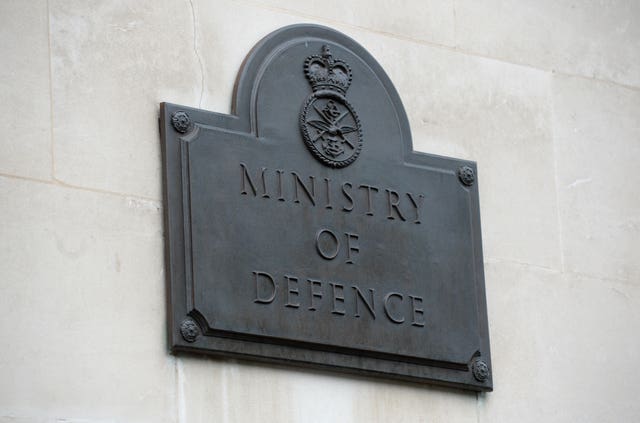An inquest into the death of a Royal Marine who drowned during a “maritime training exercise” is to be held mostly in secret due to national security concerns.
“Outstanding Royal Marine” Benjamin McQueen, 26, was brought to the surface after being separated from other divers during a drill – the details of which have not been disclosed – off Portland Harbour in Dorset on November 14 2018.
He was declared dead after CPR was performed, the judge-led inquest sitting without a jury at the Royal Courts of Justice in London heard on Monday.
Sir Ernest Ryder, who has been appointed as judge coroner, said “an unusual feature of Ben’s inquest is that the vast majority of evidence” will be heard in the “absence of media and the public” due to national security concerns.

Sir Ernest said he had received no representations against the order from the media at the time and that “members of Ben’s family, through their legal representatives, accepted the need for such an approach”.
He said the inquest, listed for three weeks, would focus on answering how the Marine came to his death.
A post-mortem examination carried out by Dr Mark Ashton on November 25 2018 gave Mr McQueen’s cause of death as “drowning”, the inquest heard on Monday.
The Marine’s father Colin McQueen paid tribute to his “beloved son”, telling the inquest that his family still did not have the “necessary words to describe the monstrous gap” the death had left in their lives.
The family had chosen “one of the last photographs” of their son, showing him in uniform, to be displayed in court because “we just loved how he looked in this photograph because of his confidence”, he said.
He added that “during his short life, Ben lived life fearlessly”, honouring him as a “natural soldier” who was “extremely well liked and considerate”.
He also quoted tributes from the signaller’s forces colleagues, who variously described him as “an inspiration”, “humble” and a “legend”.
Colin McQueen said Mr McQueen, who served in Afghanistan, was a “committed serviceman and devoted son and brother” who had achieved his life’s ambition “of serving his country” at an elite level.
Lieutenant Colonel Alan Speedie said he was “extremely fortunate” to have worked with Mr McQueen and hailed him as “an outstanding Royal Marine”.
Interested parties in the inquest include the family, the MoD and the Health and Safety Executive (HSE) who will be present throughout.
In September 2020, the HSE workplace safety watchdog gave the MoD a Crown Censure over the death of Mr McQueen, which the MoD accepted at the time.
HSE guidance states that a Crown Censure is the way in which it “formally records the decision that, but for Crown immunity, the evidence of a Crown body’s failure to comply with health and safety law would have been sufficient to provide a realistic prospect of securing a conviction”.






